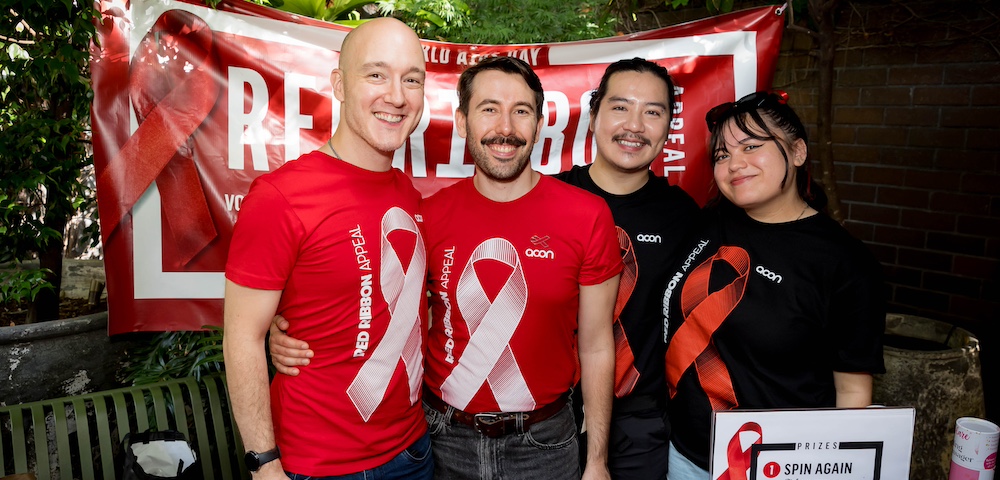
The law and you
Legal rights are probably the last thing on anyone’s mind when a partner dies. At this traumatic time, however, it is comforting to know that since 1999 in NSW, same-sex de facto couples do have rights in matters relating to the death of a partner.
If you have been living with your same-sex partner in a committed relationship, you have the right to make all the important decisions as next of kin regarding funeral arrangements, organ donation and medical decisions in the event of your partner’s incapacity. You can be recognised as the spouse on the death certificate. These rights are automatic: you do not need to have lived together for any minimum length of time and you do not need to have a will or an Enduring Power of Attorney.
In most cases, same-sex couples will have no issues asserting their rights in these circumstances. If you experience homophobia or ignorance from hospital personnel or funeral services remember the law is on your side. Partners take precedence over blood relatives, including siblings or parents. You may also have recourse to the NSW Health Care Complaints Commission or the NSW Anti-Discrimination Board.
With regards to distribution of the estate, the best way to protect yourself and your partner is to have a will drawn up. However, if you have lived together with your partner for two years, or have a child together, you will generally be entitled to inherit your partner’s estate even if they die without a will. Even when there is not a will, inheritance will usually be automatic unless the relationship is contested by another person.
Knowing about your rights is one of the most important ways to ensure they are protected. The best ways you can secure your rights include:
• Make a will. You can get inexpensive do-it-yourself will kits but if you have complex arrangements, seek a lawyer’s advice.
• Appoint an Enduring Power of Attorney. This is a person you trust to make financial and legal decisions if you are incapacitated.
• Nominate your partner as your superannuation beneficiary. Note that nominations are not always binding and Commonwealth superannuation schemes do not recognise same-sex partners.
• Keep records showing the length and depth of your relationship in case a will is contested.
For further information, see: Inner City Legal Centre, www.iclc.org.au; Attorney-General’s Department (NSW) www.lawlink.nsw.gov.au/samesex; Gay and Lesbian Rights Lobby, www.glrl.org.au.
This is an initiative of the NSW Young Lawyers Human Rights Committee. If you have any questions about this column, or would like information on a particular area of law, you can contact us on lawyer@ssonet.com.au.









